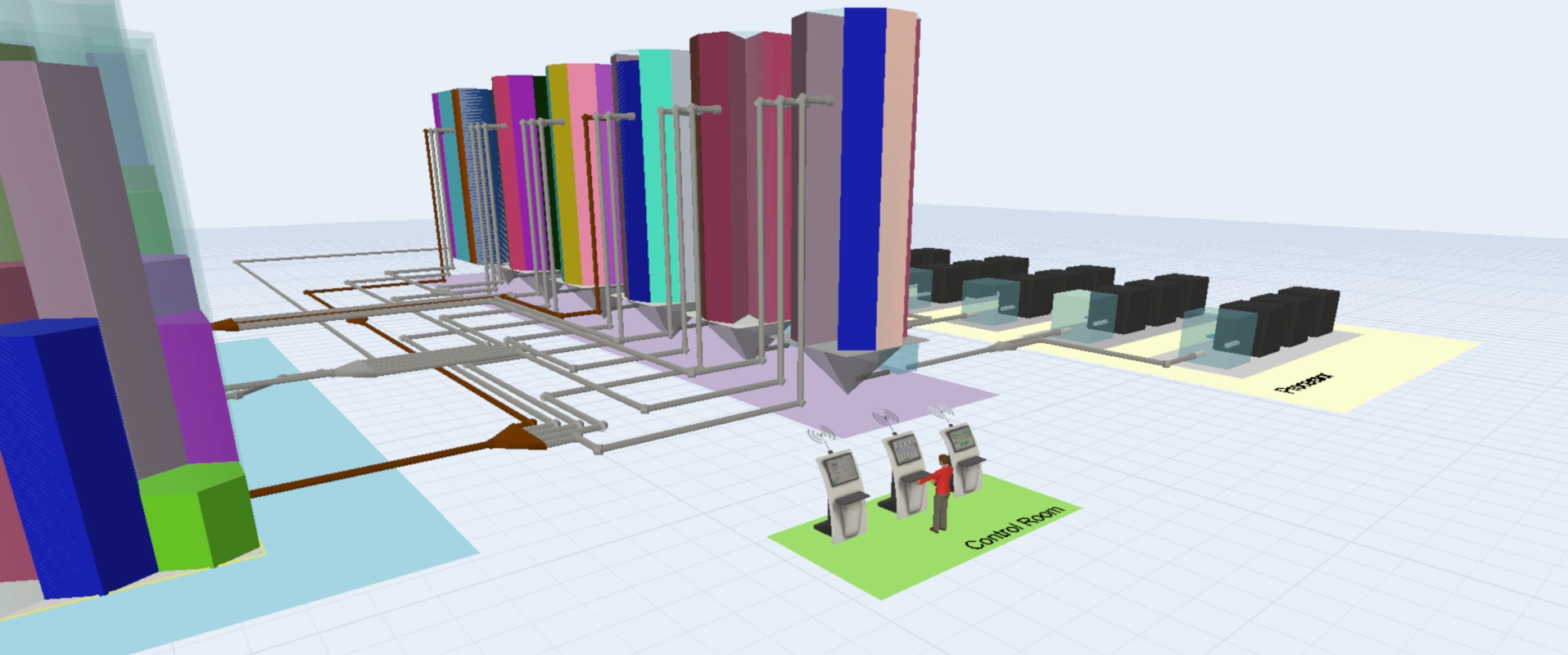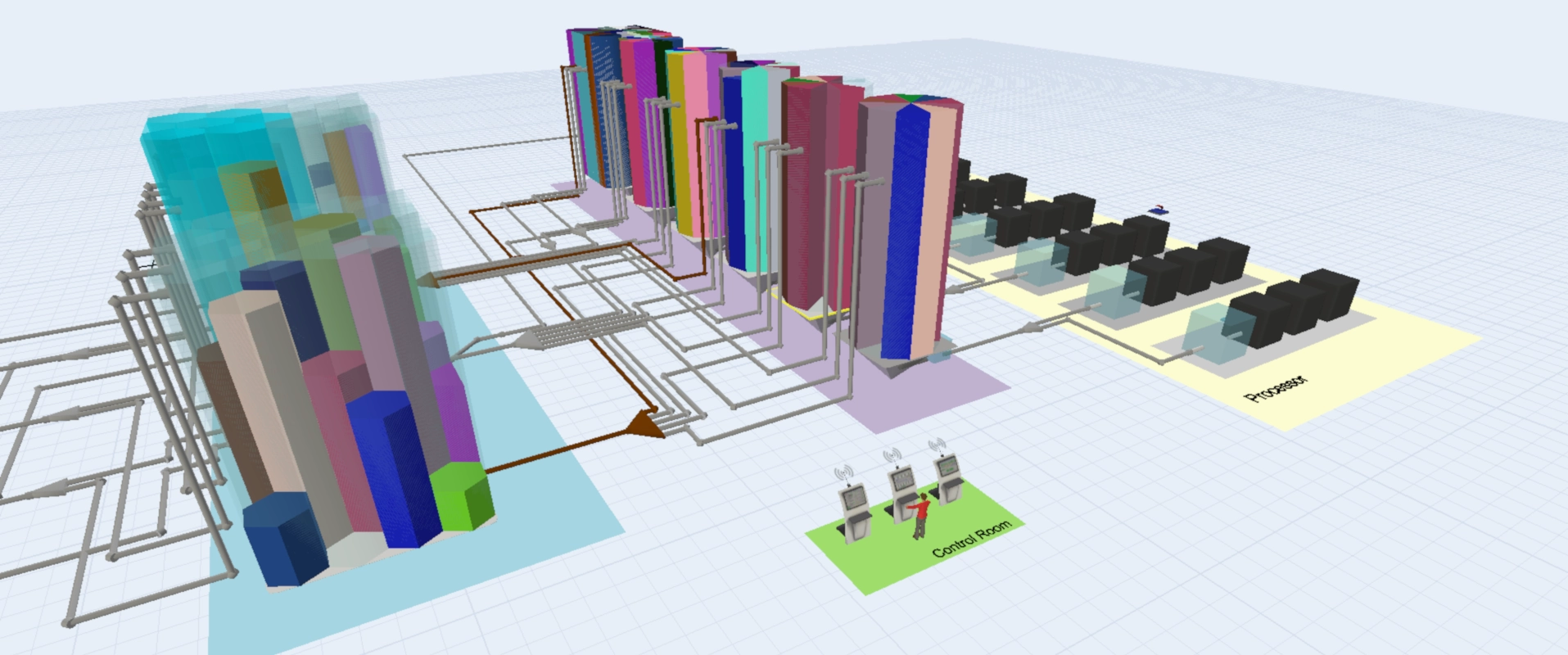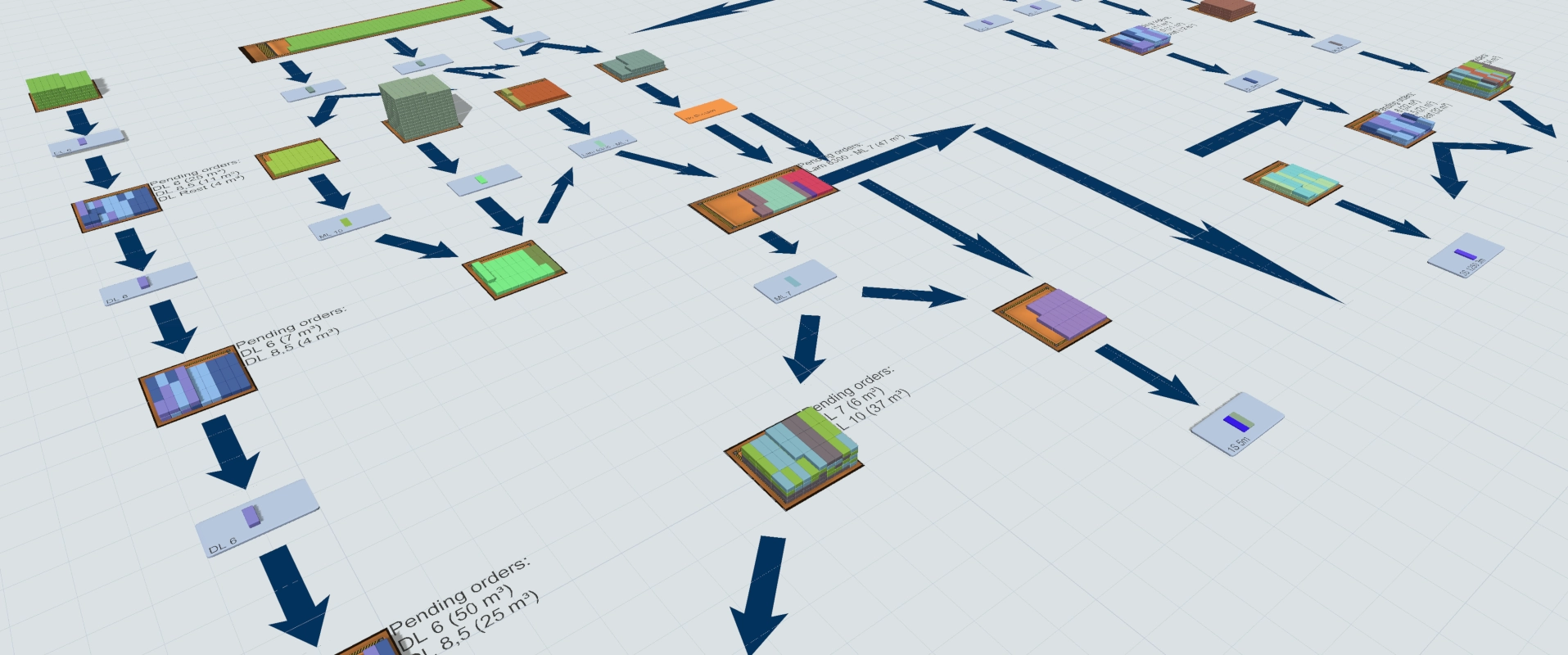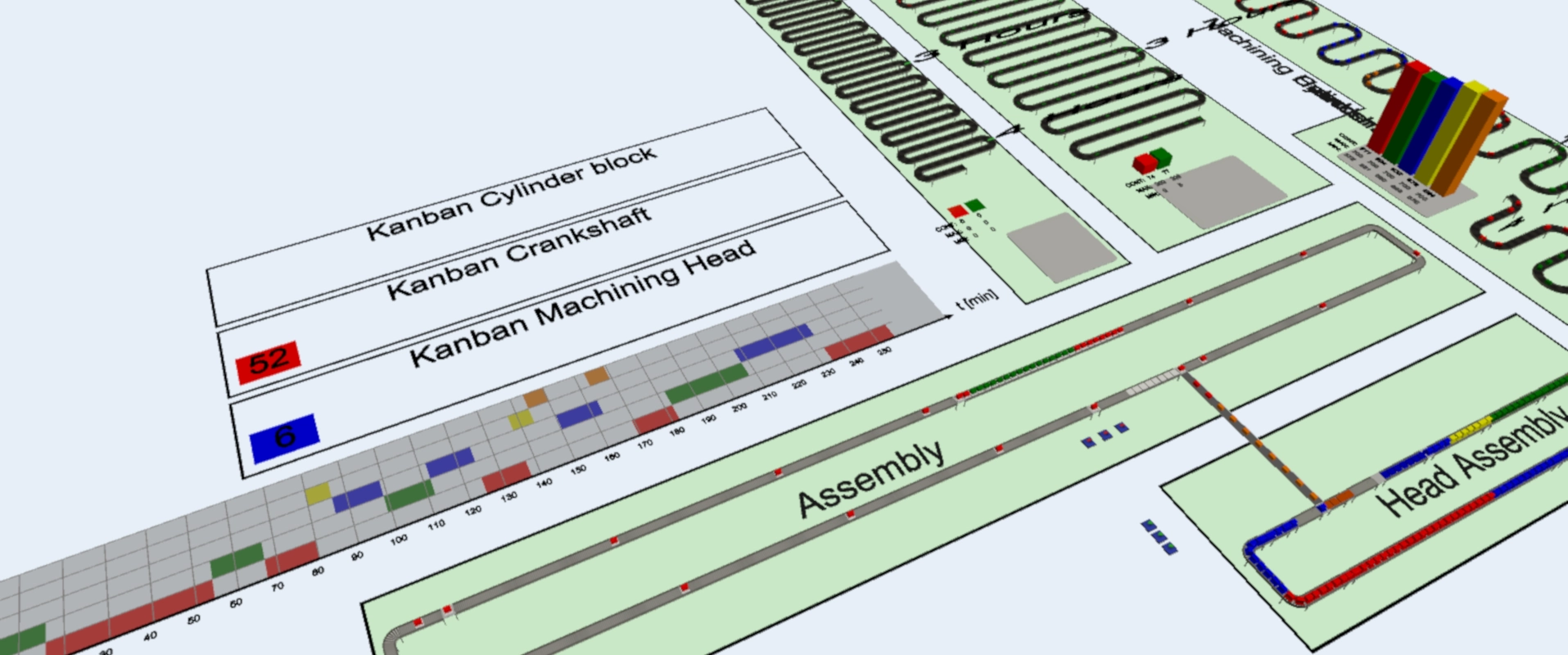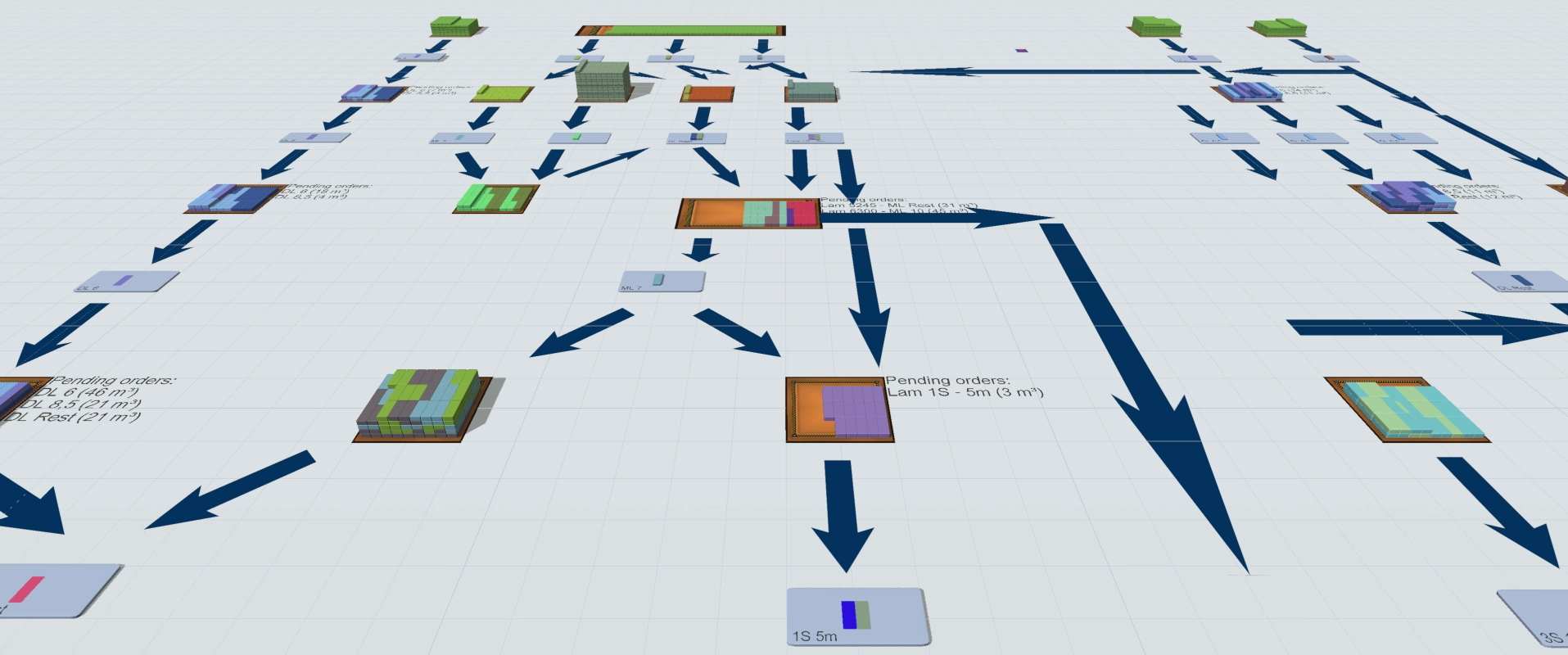Optimization, Planning & Scheduling

Simulation Optimization is providing solutions to important practical problems previously beyond reach. Specifically, in applications involving risk and uncertainty, Simulation Optimization surpasses the capabilities of other optimization methods, not only in the quality of solutions, but also in their interpretability and practicality.
Traditional scenario-based approaches to optimization, such as scenario optimization and robust optimization, are effective in finding a solution that is feasible for all the scenarios considered, and minimizing the deviation of the overall solution from the optimal solution for each scenario. These approaches, however, only consider a very small subset of possible scenarios, and the size and complexity of models they can handle are very limited. Simulation gives the limitless power to try various what-if scenarios. Optimization can suggest optimal scenarios, suggesting the what-if scenarios that may yield the best results.
Business Simulation
How could we adjust a products operations if our competitors lowered their prices? How would those changes affect other products? These are important questions, and simulation software is the perfect tool. Simulation software is ideal for simulating business operations.
Simulation Optimization for Industrial Scheduling
Many real-world production systems are complex in nature and it is a real challenge to find an efficient scheduling method that satisfies the production requirements as well as utilizes the resources efficiently. Tools like discrete event simulation (DES) are very useful for modeling these systems and can be used to test and compare different schedules before dispatching the best schedules to the targeted systems. Simulation-based optimization (SO) can be used to search for optimal schedules efficiently without the user intervention.

